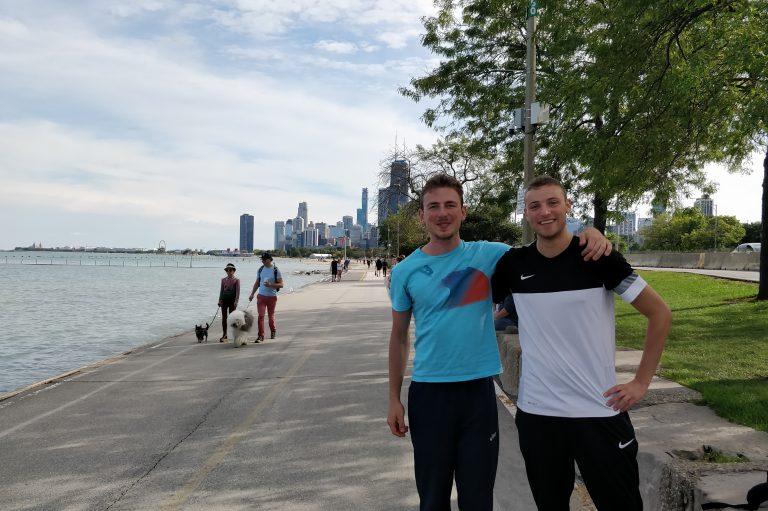While travelling the beautiful country of Ecuador in July of this year, I had a new realization about our free market economy. I was aware that brutal market dynamics could kill small innocent businesses or that fierce competition in Europe could lead to horrible working conditions in Southeast Asia. But there is one market I used to underestimate and whose impact on society can be brutal. We’re talking about the labor market, one that’s easy not to worry about in a country like Austria where unemployment is only at 5%.
Ecuador’s official unemployment rate is lower than Austria’s, but paradoxically the streets are full of people with no apparent occupation. Ecuadorian buses are full with sweet vendors that can barely be employed by an official candy mafia and I doubt that illegal Uber drivers count into the country’s employment statistics. The twist is that 50% of the people with a job only work part time, something that should get more attention in employment statistics. There is yet another twist, this one being all about the labor market.
While on a taxi to Quilotoa, a village situated at 4000m above sea level and next to magnificent crater lake, we got some first-hand insights from our taxi driver. She was the only female driver of our whole trip, a young industrial engineering student who pays her lunch with taxi money. Giving tourists a ride to the gorgeous crater makes her roughly 900$ per month, a comparatively great salary. The flipside being that she is only a part-time student due to long, tiring working hours.
If 900$ are a good salary, what is normal in Ecuador? While taxi information is not to be taken as scientific evidence, I’ll cite our engineer without further research: While the minimum salary is at 300$, most people earn between 400 and 450$. That’s for the private sector; people in the public sector (teachers, doctors, officials) are much better off (probably to keep them from emigrating). There was one fact that I found striking: The 400$ are rather uniform across every employee in the private sector. No matter your qualification, your job or your working hours. Our taxi driver in particular would not have any salary advantage with her engineering degree. She could emigrate to Europe where her skills are direly needed (which she intended to do soon), but Ecuador doesn’t seem to need her. How is such an absurdity possible?
There is an obvious answer: Firstly, Ecuador is a major exporter of flowers, cocoa, and bananas, but there is barely any industry and hence no need for engineers. Secondly, the offer of workforce is very high, many high-skilled workers without a place to accommodate their genius. The labor markets, in its cold rationality, computes supply minus demand and gives all the Ecuadorians their 400$ per month, just enough to eat and sleep. That being said, Ecuador is not the poorest country out there. You may earn 400$ as a finance expert selling grilled chicken in the street, but you won’t starve like in other places.
Let’s think about the labor market as an idealized, globalized market, like the one for bananas: The workforce would just move someplace with more demand, Austria, more likely the USA. It’s easier to create a supply-demand equilibrium on a global scale. Would this be an easy solution? No. Humans don’t work like market goods. Most Ecuadorians would never move away from their family for cultural reasons. Most barely speak English. Other Latin-American countries are no real option since these places face similar economic problems. Getting a Spanish visa is not that easy. And even if it were simple to go someplace else, how many humans would really leave their home country?
I blame none of them, but the labor market does not care about homesickness.
All of these observations are nothing new. We all know how supply and demand work. However, it’s something different to see that reality with your own eyes and to hear about the consequences from someone who’s struggling with them every day. Making cold theory become reality: This is where intercultural experiences really shine. And after all this reflection, I realized that the situation is not that different in Europe. Unpaid interns, poor artists, and exploited architecture students – they all suffer from labor market dynamics. That’s what I love about travelling: You not only learn about another country, but also about your own.








Itís hard to come by educated people on this subject, however, you sound like you know what youíre talking about!